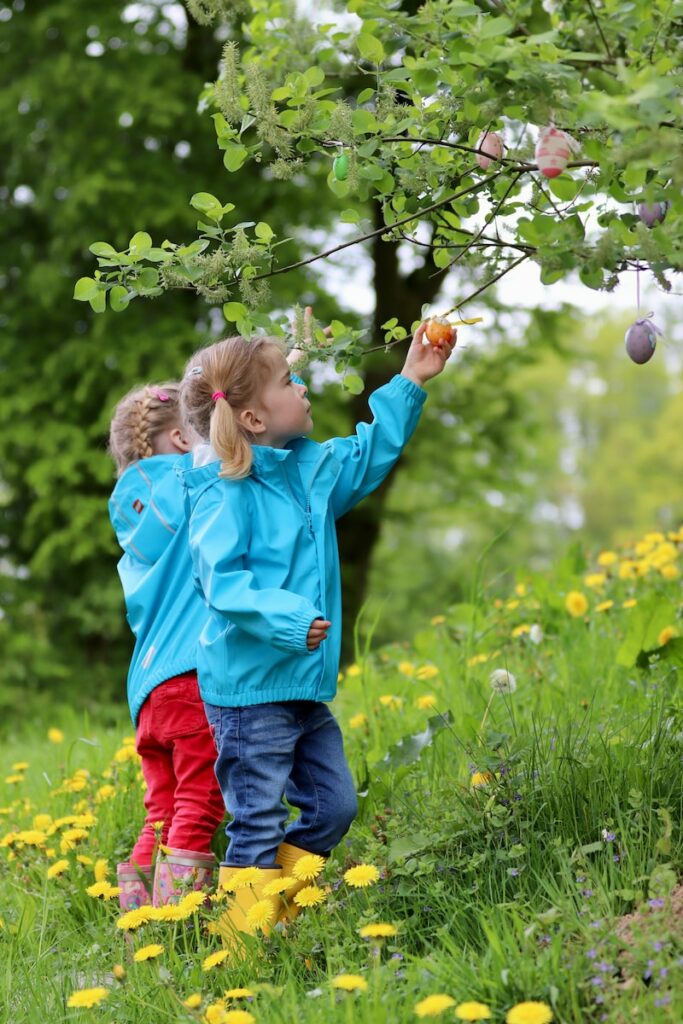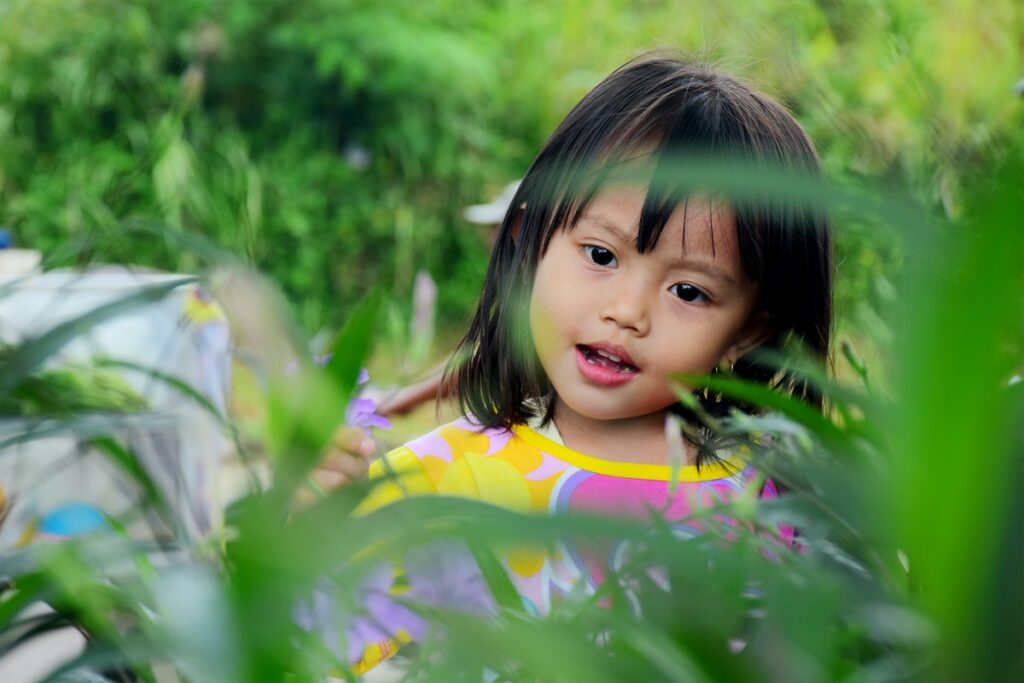Green Parenting: How to Raise Environmentally Conscious Kids

In a world that’s steadily becoming more aware of its environmental impact, the responsibility of creating a sustainable future is knocking on every door. As parents, we have the unique opportunity not only to leave a greener planet for our children, but also to raise children who prioritize preserving it. Green parenting, an approach focusing on raising environmentally conscious kids, is no longer just a trend—it is an urgent necessity. The path of sustainability starts at home.
Green parenting is a powerful response to a world where climate change is becoming an increasingly palpable reality. According to the Intergovernmental Panel on Climate Change (IPCC), human activities have resulted in a 1.0°C global warming above pre-industrial levels, with a likely increase to 1.5°C between 2030 and 2052 if it continues at the current rate. As we grapple with these alarming figures, the vital importance of raising a generation who respect and protect the environment becomes clear.
The Importance of Green Parenting
Green parenting is about teaching kids the importance of sustainability and environmental stewardship, fostering a lifelong commitment to the earth that supports us. As per a report by the World Wildlife Fund (WWF), if the global population lived like an average resident of the U.S., we would need 5 earths to support the demand. The trajectory we’re on is not sustainable, and green parenting is our chance to redirect it.
The environment that children grow up in significantly shapes their attitudes and behaviors. According to a study published in the Journal of Environmental Psychology, childhood experiences with nature have a profound impact on an individual’s environmental attitudes and behaviors in adulthood. By instilling a sense of responsibility towards the environment from a young age, we can encourage our children to lead more sustainable lives as they grow older.
Steps towards Green Parenting
- Educate about nature and its importance: Spend time outdoors with your children. Go for nature walks, plant trees together, start a home garden, or simply have picnics in the park. Expose them to the beauty of the natural world, and they will naturally want to protect it.
- Model eco-friendly behaviors: Children are highly observant and tend to mimic adult behaviors. Make sure you’re setting the right example by practicing eco-friendly behaviors like recycling, composting, conserving water and electricity, and using public transport or carpooling.
- Encourage sustainability in daily routines: You can introduce concepts like reusing, recycling, and reducing waste in simple, everyday activities. For instance, using reusable shopping bags, packing lunches in reusable containers, and reducing food waste are all great places to start.
- Teach the value of resources: It’s important for kids to understand that resources are finite. A simple exercise of calculating the family’s water or energy use and then brainstorming ways to reduce it can be a very effective tool in teaching this lesson.
- Foster empathy for the environment: Children’s books and films with environmental themes can help children understand the importance of protecting the earth. Discuss these themes and encourage empathy towards nature and animals.
Green parenting is not just about being environmentally conscious; it’s about preparing our kids for a future where sustainability is not just an option but a necessity. By fostering an early and deep respect for nature, we can help raise a generation of environmentally-conscious citizens committed to making a difference.
We do not inherit the earth from our ancestors, we borrow it from our children. So, let us give them the best legacy—a thriving planet and the knowledge to keep it that way.

“The Awakened Family: How to Raise Empowered, Resilient, and Conscious Children” by Dr Shefali Tsabary, presents a holistic approach to raising children that focuses on fostering their inner growth and helping them develop into empowered and conscious individuals.
Drawing on her experience working with families, Dr. Tsabary challenges traditional notions of parenting and encourages parents to embark on their own personal journey of self-awareness and self-transformation. She believes that true parenting begins with self-reflection and self-growth, as parents must first understand and heal their own emotional wounds and patterns before they can effectively guide their children.
The core concept of “The Awakened Family” is that children are not passive beings to be molded according to their parents’ expectations, but rather unique individuals with their own thoughts, feelings, and desires. Dr Tsabary emphasizes the importance of recognizing and honoring children’s autonomy, allowing them to express their authentic selves, and supporting their emotional development.
One key aspect of Dr. Tsabary’s approach is mindful parenting, which involves being fully present and engaged with our children in every moment. She encourages parents to cultivate a deep connection with their children, listening to them without judgment and responding to their needs with empathy and compassion. By embracing the present moment and letting go of past conditioning or future worries, parents can develop a profound bond with their children and create a nurturing environment for their growth.
“The Awakened Family” also addresses the role of discipline in raising conscious children. Dr Tsabary emphasizes the importance of moving away from punishment-based approaches and instead adopting a collaborative and respectful approach to discipline. She encourages parents to set clear boundaries and consequences while actively involving children in decision-making processes, promoting their sense of responsibility and accountability.
A guidebook that challenges conventional parenting norms, the book offers a path to raising children who are empowered, resilient, and attuned to their own inner wisdom. To create a harmonious and loving family dynamic that nurtures both parents and children on their journey towards self-discovery and personal growth, requires resilience and an abundant mindset.
Do you want to share your story and inspire our readers ? Know that every story is paving the way for a brighter, happier future.





